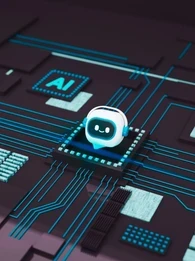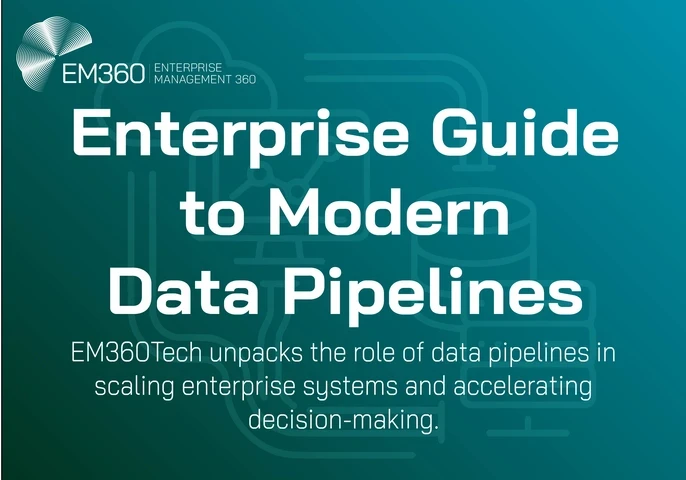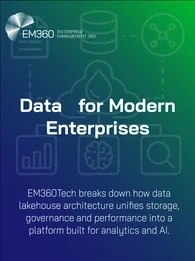You don’t have to be a data scientist or a developer to work with data. In fact, one of the most valuable and widely used tools in tech today doesn’t require a computer science degree or even any prior programming experience. It’s called SQL (often pronounced “sequel”) and it’s quietly powering everything, from your favorite apps to the dashboards your team relies on.
It doesn’t matter where you work or which department you form a part of, chances are the data you depend on is stored in databases. SQL is the language used to unlock it.

SQL, short for Structured Query Language, has been around for over 50 years and remains one of the most widely used programming languages today. As data takes center stage, driving smarter decisions and powering mission-critical systems, knowing how to unlock its potential has never been more important. SQL isn’t going anywhere, and it’s no longer just for data pros; anyone can benefit from knowing the basics.
So what exactly is SQL? In simple terms, it’s a language used to communicate with databases. Whether you’re retrieving customer records, summarizing sales figures or analyzing market trends, SQL helps you ask and answer questions from structured data. And it’s unique among programming languages thanks to a set of defining characteristics:
- It’s simple. SQL’s syntax is human-readable, it’s based on the English language! Even non-programmers can write queries like SELECT name FROM customers WHERE city = 'London'and understand what’s going on.
- It’s mature and stable. With decades of development behind it, SQL is trusted, well-documented and built into countless systems.
- It’s consistent. SQL follows a predictable structure, making it easy to reuse skills across systems.
- It’s open-source friendly. Many powerful SQL-based tools are completely free.
- It’s everywhere. SQL is supported by all relational databases and the user community is massive. Chances are, someone’s already asked (and answered) any question you may have.
It doesn’t matter what position you’re in: data analyst, product manager, marketer, business leader, you name it. SQL gives you a superpower, the ability to work directly with the source of truth, aka your data.
If you’re curious but unsure where to begin, my LinkedIn Learning course Understand SQL offers an approachable audio overview of what SQL is and why it matters, all in under 30 minutes.
Ready to get hands-on? SQL for Non-Programmers is a fantastic next step. It’s a course designed for those with zero coding experience and covers how SQL works, how databases are structured and how to write your first real queries. You’ll learn all of the foundational commands to filter, sort, join and summarize data - skills that make you instantly more effective and independent in any role that touches data.
SQL may be old, but it’s not outdated. It has stood the test of time for good reason. If you want to work smarter with data and unlock new opportunities in your role, there’s no better time to start learning it.







Comments ( 11 )
Christina Stathopoulos
08/08/2025
Trisha Pillay
24/07/2025
Christina Stathopoulos
08/08/2025